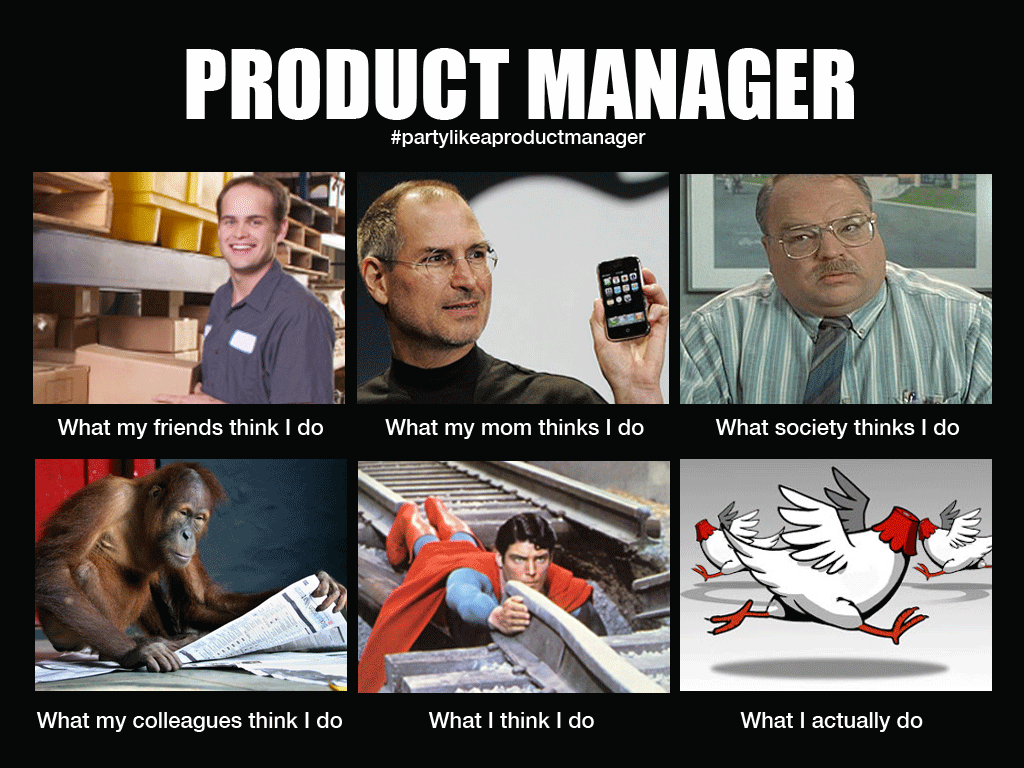
Product management is the new hotness. I regularly get asked advice on how to become a product manager. What follows are some tips!
Pick an industry vertical and go deep
PM is different at every company, yes there are some common threads, but most of the mechanics are highly tailored to the particular organization. A lot of PM candidates go deep into general engineering frameworks (agile, iteration-based development) and/or business model frameworks (SaaS vs Marketplace Vs something else). Going deep in those areas is definitely helpful but it is not the be all end all. You will get more bang for the buck by going deep in the industry that you want to build products in. A lot of PM’s fall into the trap that if I learn the general frameworks I can apply them to any industry hence I am agnostic to which industry I want to PM in.
This is wrong.
Pick an industry vertical that you feel excited about. Make it specific, for example, Fintech is too broad what piece of fintech? Is it payments, insurance, online lending or crypto? Then go really deep into the industry. Understand everything about what the customer needs are in that vertical, what are the current players doing, what business models do they follow, how do they make money, what are they doing differently than the incumbents, who are the incumbents, if they incumbents are public read their 10K’s and figure out the economic fundamentals of the business, what are the growth drivers for this vertical? Once you go deep enough – what would be your take? what would you do differently? Develop your thesis and worldview. Go deep, it will be worth it.
Don’t chase the glamour
I want to be mini-ceo is another consistent theme. If mini-ceo signifies ownership, it’s all good. Why don’t just say that? If you believe all the blog posts, PM is this glamorous role, you get to decide what happens, you get to talk to executives, you set direction. While all those things are true in a certain limited sense, let me burst your bubble – PM is a grind. It is a support function, you are not the one making the product – the engineers/designers are. PM is a very servant leadership role. When things go great, its because your team rocked when things go south its because you fucked up. You will be the shit shovel. You need to be comfortable with that. Shoveling shit is essential, but not glamorous.
Be good at one thing
My mental model of any tech business is that they are comprised of a few core functions. People that make the product (Engineering and design), people that sell and market the product (sales and marketing), people that ensure stuff ticks over reliably (operations) and people that support all of this (everything else, for example, finance, project management, product management). One consistent fallacy I’ve noticed is what I dub the “generalist” fallacy. It goes somewhat like this, Product management sits in the middle of lots of these functions -> I need to know a bit about all of these areas -> I need to be a generalist -> Hey being a generalist is easy, I can do that -> I’m a great PM.
This is wrong.
The better way to approach this is that you need to be really at the top of the game in one of the three core areas, first. You need to be a great engineer/designer or a phenomenal marketer/sales guy or the most awesome ops person ever. The rationale is that by knowing one of these core areas you can now focus on being a generalist on the other areas that you are not exposed to. You also have organizational credibility as well as a deeper understanding of the business to be really successful as a PM.
Start where you are at
The best way to start your PM career is to transition into it in the company where you are already at and hopefully a master in one of the areas described above. At the end of the day, PM is about credibility and trust. If you are a rockstar in our current organization, it is extremely easy to pivot to PM as you already have the be good at one thing covered. There are also a lot of ancillary benefits such as, you already know the stakeholders you have to work with. You are already well known in the organization (rockstars shine) which means that the relationships are there and you already have credibility. You can easily build the deep industry knowledge as you now have access to the internal information about your customers and what’s working what’s not.
Hope this helps! Would love to hear how other PM’s think about this, add to the discussion in the comments!